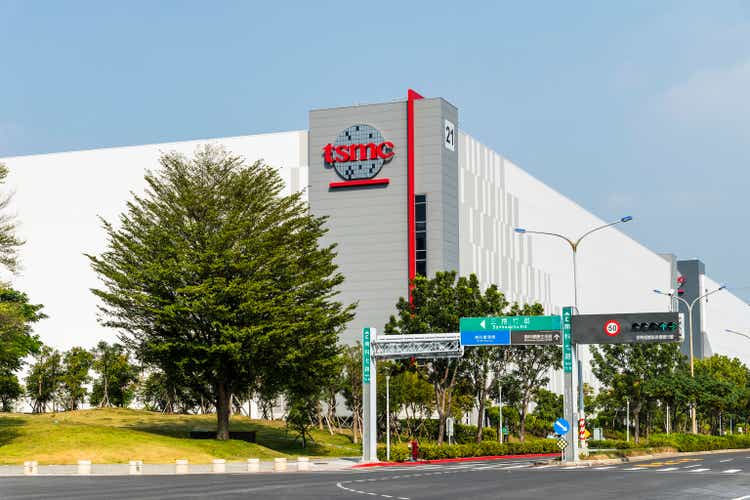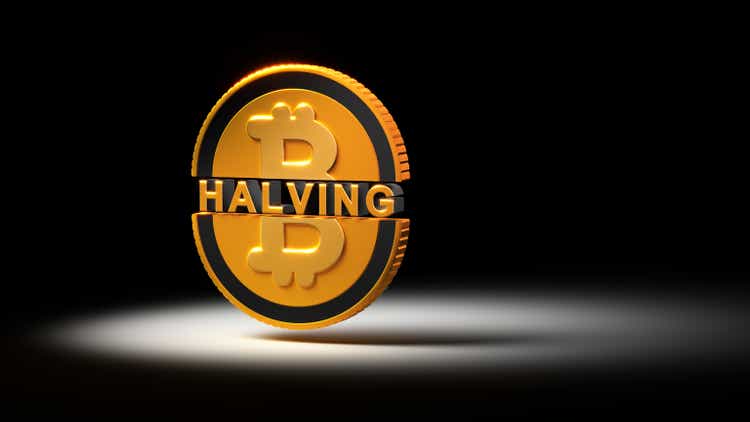Ethereum and AI can disrupt many industries together

Decentralized identities are one of the core advantages of blockchain technology – they allow users to own and control their personal information. As a result, people can use AI technologies to help industries cut costs, optimize asset life and value, and create a competitive advantage.
The sensitivity of the supply chain could create a vulnerability for exposed assets and manipulated data, thereby reducing supply chain efficiency and competitiveness. It is where Ethereum comes into play. You may start your trading journey by using a reliable trading platform like ethereumcode.app.
Currently, credit card companies have access to consumers’ payment information and any personal data that can be used for marketing purposes by businesses.
Blockchain allows people to regain control of their identities, which is extremely important in industries where trust is paramount (like the shipping industry). Ethereum and AI can help build a new paradigm for businesses, changing how information is managed and shared. Indeed, using Ethereum for consensus and governance could help to resolve or prevent some of the most common issues in the complex environment of supply chains.
Blockchain and AI can digitize documents:
One of the biggest problems that can be solved by blockchain technology is digitizing shipping documents and their transfer to public registries. This process can be significantly streamlined when done on a blockchain network. Because it is posted to a distributed ledger, documents can then be accessed by both parties involved in any transaction and updated in real-time – in this case, when goods are loaded onto a ship or truck – reducing the possibility of fraud.
Even more exciting, this technique could eventually coordinate and automate entire industries. These documents would enable businesses to interact with each other more efficiently, allowing them to know precisely what they need to do, when they need to do it and how much it will cost. Leveraging the information on a blockchain network would allow businesses greater control over their value chain while reducing costs and increasing efficiency.
By combining blockchain-based identity authentication with AI algorithms, it will become increasingly possible for people in supply chains worldwide to create contracts using their personal information. It will allow for better decision-making about where goods are going and how many are being supplied at any given time. Let’s explore which industries can AI and blockchain disrupt together.
Real estate industry:
Real estate is a particular area that can benefit from the introduction of blockchain and AI. However, despite its apparent benefits, smart contracts are not widely used in real estate because entering into a contract still requires exchanging physical documents, such as signatures, which can be costly and inefficient.
Using Ethereum smart contracts, we can make exchanging digital assets secure and safe. AI is also helping in this area by offering an increasingly accurate prediction of housing prices. In addition, AI-powered algorithms can provide automated valuations for particular properties, allowing for greater security for buyers and sellers and increasing transparency.
Music industry:
In the music industry, blockchain allows users to protect their data and create profiles on a decentralized system without intermediaries. People can also use Ethereum smart contracts to track music usage and keep track of royalties. By leveraging AI-powered applications, artists can have access to information about their fans and get much better insights into their audience. In addition, it will allow for more innovative marketing strategies that could create a more extensive fan base for promising artists.
Retail:
Blockchain technology can make the retail industry more efficient by keeping track of sales transactions between buyers and sellers. Sales are commonly made using credit cards, which allows businesses to keep track of payments after they have been processed. AI alongside blockchain can help to automate the process of trading and selling, thus increasing the speed at which sales transactions happen.
Transportation:
Ethereum, combined with blockchain, can help make international shipping more efficient. In a value chain environment where shipments can take days, weeks, or even months, this technology allows for increased transparency and accountability and a more accurate way to track who has control of which parcel. Blockchain also helps to store transactions on various databases without the need for intermediaries such as banks. As a result, it reduces the cost and risk associated with theft while keeping all parties informed regarding the transfer of goods along their journey.
The possibilities are endless when dealing with blockchain and AI together. As these two technologies continue to develop, we will be able to develop more and more use cases for the real world. In our next section, we will showcase some projects already experimenting with blockchain technology and AI.



